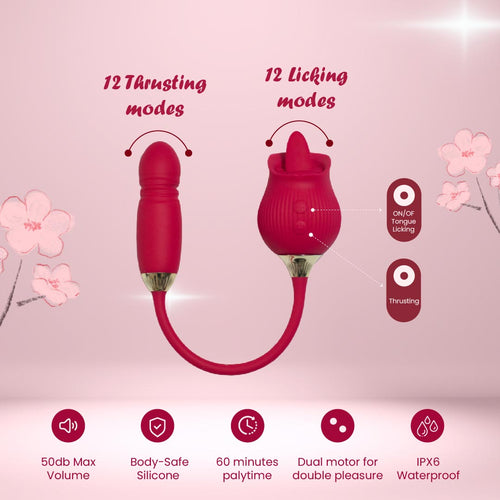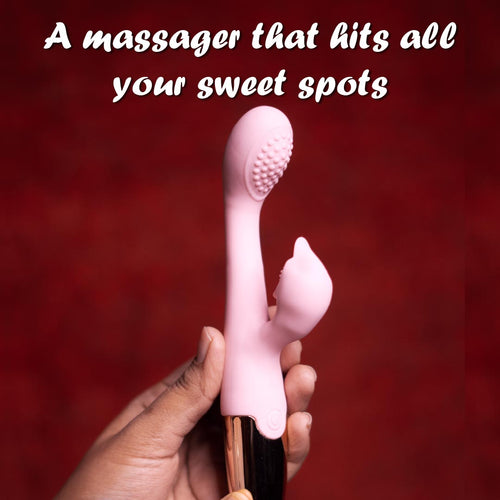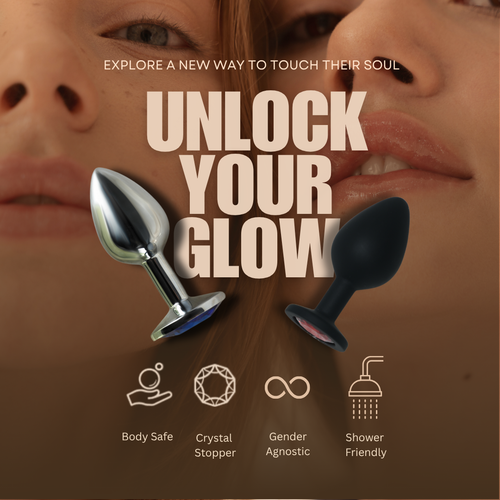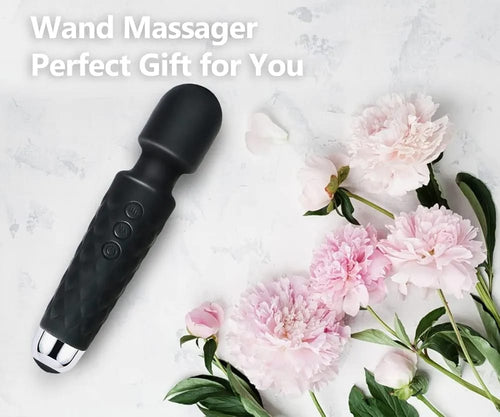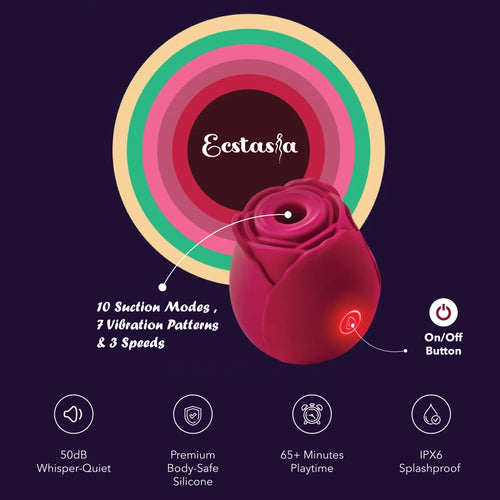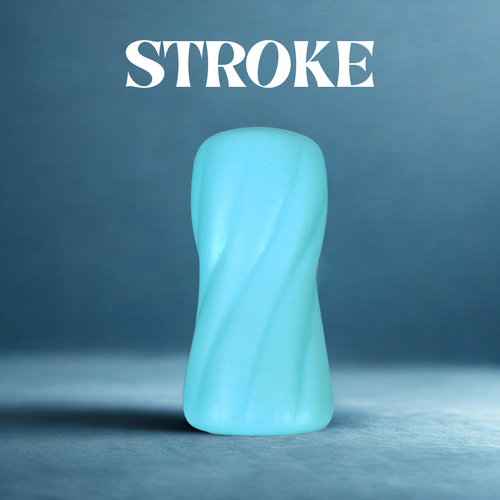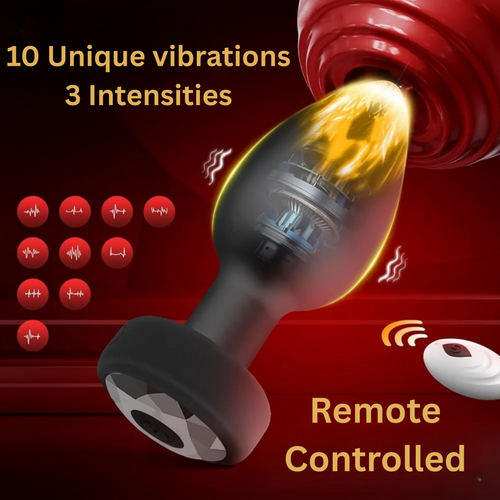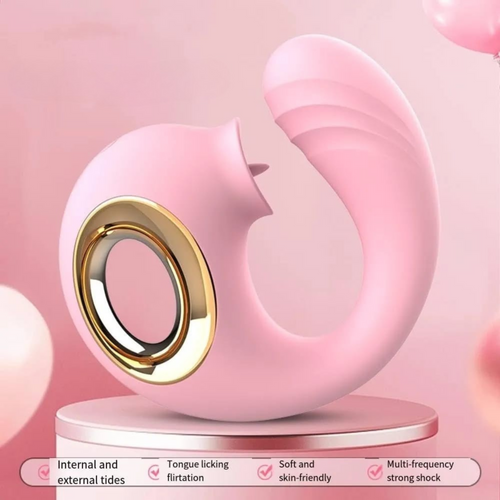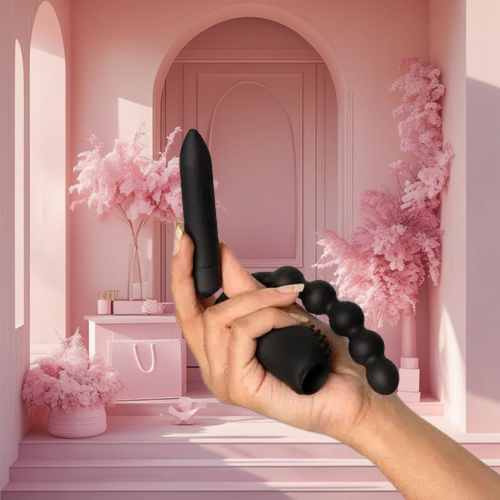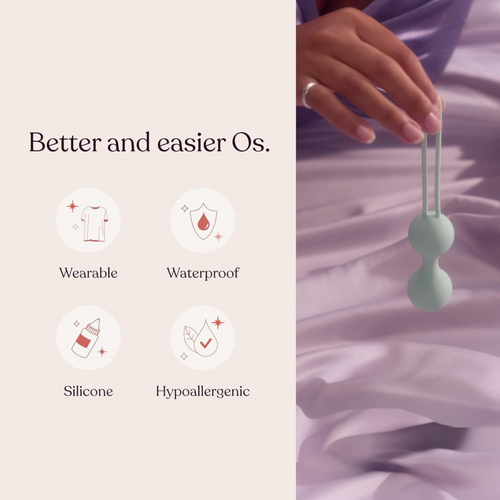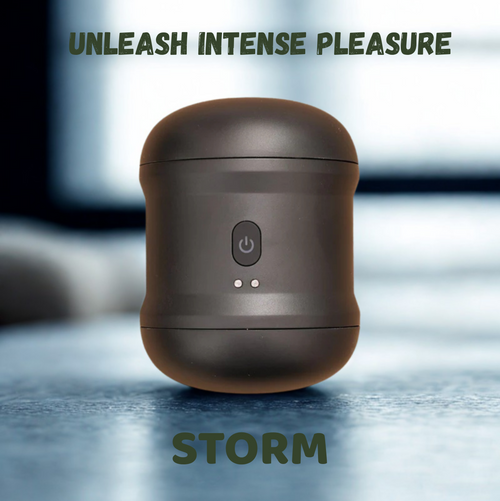
5 Myths Indian Women Still Believe About Masturbation
Let’s be real: many Indian women have grown up learning that self-pleasure is taboo, shameful, or unnecessary. But underneath those social rules lives an unspoken truth: your body craves touch, your mind craves release, and your pleasure is valid. Today, we're dismantling the biggest myths holding women back from discovering their bodies, and suggesting toys that feel safe, smart, and sexy.
Whether you're alone or partnered, curious or experienced, this guide is your invitation to reclaim pleasure, on your terms.
Myth 1: Masturbation is for men, not women.
The Shame We Inherited
In countless households and relationships, women are told that sexual pleasure is something they shouldn’t want unless it comes from someone else. That myth robs many women of self-awareness and sexual confidence.
Science and Sociology Say Otherwise
Every survey, from doctors to sexologists, confirms: women masturbate. Regularly. Many men do not. Self-touch helps women identify what they like long before they bring a partner into the experience. Women who masturbate report stronger orgasms, more confidence in bed, and a deeper understanding of their bodies.
Try This (Seriously)
Start simple. Let your hand explore gently. Notice pressure, speed, and rhythm. Let curiosity lead. If you want a discreet toy that feels like a discovery, check out the Lipstick Massager, tiny, elegant, and whisper-quiet.
Myth 2: It’s dirty. It’s shameful.
The Toxic Narratives We Carry
In deeply patriarchal spaces, women’s bodies are often policed as clean or impure, depending on their relationship to sex and touch. But these narratives aren’t truths; they’re social control.
Pleasure is a Natural Human Need
Masturbation releases dopamine, oxytocin, and endorphins, natural mood boosters that lower stress and improve sleep. You wouldn’t shame someone for taking a bath or meditating. Self-pleasure deserves the same respect, mindfulness, and intention.
Make It Sacred
Treat the act like self-care. Dim the lights, light a candle, and breathe slowly before touching yourself. If you want deeper stimulation, try Flirt, a soft-lit personal massager with eight power levels. It doesn’t announce itself; it just helps you unwind, mindfully.
Myth 3: If I masturbate, I won’t feel pleasure (or get excited) with my partner later.
The Tale of Opting Out
Many women avoid self-pleasure because they fear losing excitement for partner sex. It's an old fear rooted in scarcity; there’s only so much to go around.
The Truth Is Additive, Not Competitive
Learning what arouses you solo makes partnered intimacy richer, not redundant. When you know what touches fascinate you, you can show your partner. Sharing your preferences isn’t selfish; it’s thoughtful.
Pleasure Isn’t Consumed, It's Expanded
Self-exploration is like tuning your instrument. Once you know your frequency, playing with others becomes easier and more pleasurable. Toys like Bliss deliver dual stimulation gently. You can introduce them solo or share them with a partner, whatever feels right.
Myth 4: Masturbation will ruin your virginity or disturb your hymen.
What The Hymen Myth Does Well
This myth warns young women that touching themselves somehow damages virtue, and once broken, it can’t be fixed. But in reality, the hymen is flexible, varies by person, and can stretch through physical activity.
Virginity is Cultural, Not Biological
No medical definition dictates virginity. If you insert anything into your vagina (partner or toy), and it causes discomfort, that does not define your morality or worth.
Honest Self-Examination
If you’re worried, start externally. Explore with fingers first. Then move to small toys like the Lipstick Massager. Focus on sensation, not its impact on anatomy.
Myth 5: Good women don't touch themselves.
The Moral Trap
The myth of good womanhood often limits desire. Women who speak of masturbation, or visibly enjoy sex, are labeled slutty, dirty, or promiscuous, even when acting alone in private.
Pleasure Is Personal Freedom
Your morals are your own. Pleasure doesn’t make you less 'good.' It simply makes you more real. If self-love doesn’t align with your personal values, you can still explore these feelings with curiosity, not guilt.
Pleasure Tools Designed for Safety
If stigma intimidates you, start with something discreet like Flirt, whose pill shape and matte finish look more wellness tool than sex toy. No one needs to know what’s under your duvet.
Ready to Start? Tools That Empower
Lipstick Massager
- Who it’s for: Beginners who want private, elegant, and beginner-friendly toy.
- Why it works: Discreet, palm-sized, and velvet-soft. A no-pressure introduction to clitoral pleasure.
Flirt Personal Massager
- Who it’s for: Every woman. Especially those looking for stress relief and sensual self-care.
- Why it works: 20 patterns across 8 intensities. Subtle enough for muscles, powerful for intimate zones.
Bliss Dual-Action Massager
- Who it’s for: Women or couples exploring both internal and external stimulation.
- Why it works: Simultaneously stimulates the G-spot and clitoris with rotating and pulsating motions. Perfect for blended orgasms.
Building Your Pleasure Practice
- Reflect gently on each myth you internalized and affirm: pleasure is not wrong. it's essential.
- Hold your shame, embarrassment, or fear like flames you can extinguish. Pleasure doesn’t burn, it heals.
- Ritualize masturbation the way you’d ritualize self-care, consistently, thoughtfully, and with kindness.
- Start choosing toys that feel safe. Not flashy. Not loud. Thoughtful.
- Celebrate progress: even a minute of connection feels better than continued silence.
In a culture that still silences female pleasure, reclaiming it is radical. Masturbation isn’t a crime; it’s a right. A healing act. An exploration. A long-lost connection with yourself.
So if you’re ready to name your desires, own your body, and dismantle old narratives, start small. Touch softly. Breathe deeply. Begin again with intention and self-love.

